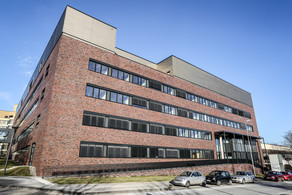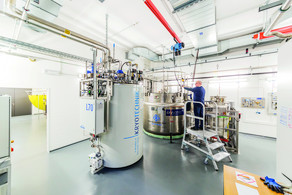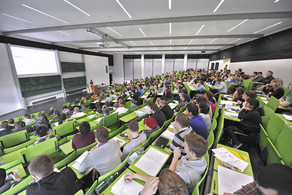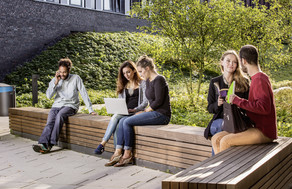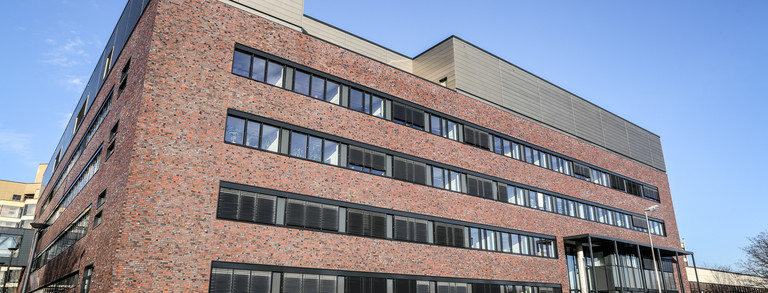Solid-state quantum emitters for quantum networks
- Kolloquium

Solid-state quantum emitters for quantum networks
At the dawn of the quantum information age, developing a quantum network using quantum communication devices is the main task. Following the Micius Satellite, the European quantum satellite Eagle-1 is under construction for space-based quantum key distribution. At the core of effective quantum communication lies the generation of non-classical photon states. Beyond single or entangled photons, also more complex photon states, like N-photon Fock states or photonic cat states, play a vital role. Such non-classical photon states can be created on demand by quantum emitters. Solid-state quantum emitters have been shown to generate high-quality photons that can be seamlessly integrated into photonic structures. To harness the full power of solid-state quantum emitters, an optimized state preparation is required, including an understanding and possible control of the interaction with the solid-state environment.
In this talk I will give an overview over the optical control of solid-state quantum emitters for photon generation. Proposing and analyzing new excitation schemes, like the SUPER scheme, advanced photon sources can be created. Semiconductor quantum dots can be used to generate entangled photons with a high rate, but limitations are set by excitation schemes and phonon influences. These can be overcome by using combination of photonic structures and advanced optical control. In collaboration with experiment, we push existing boundaries to design the perfect quantum light emitting device for quantum communication in the development of a quantum network.





